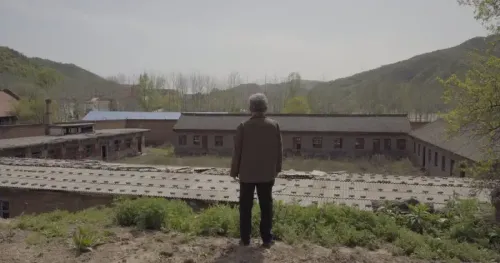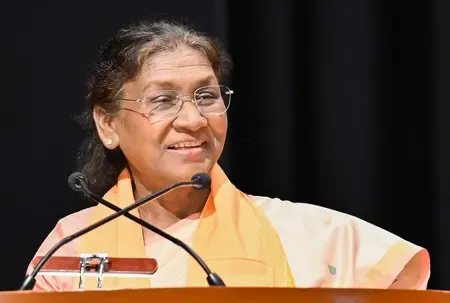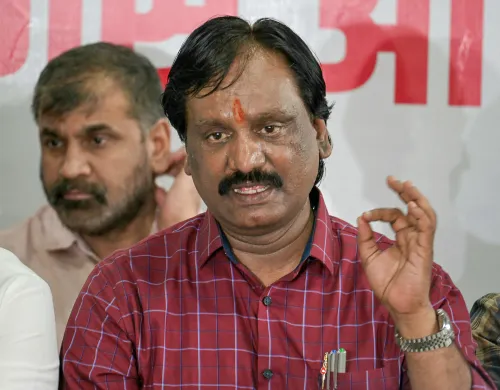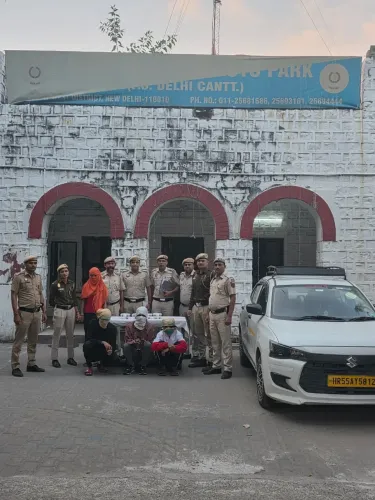Did Local Support Facilitate the Pahalgam Massacre?
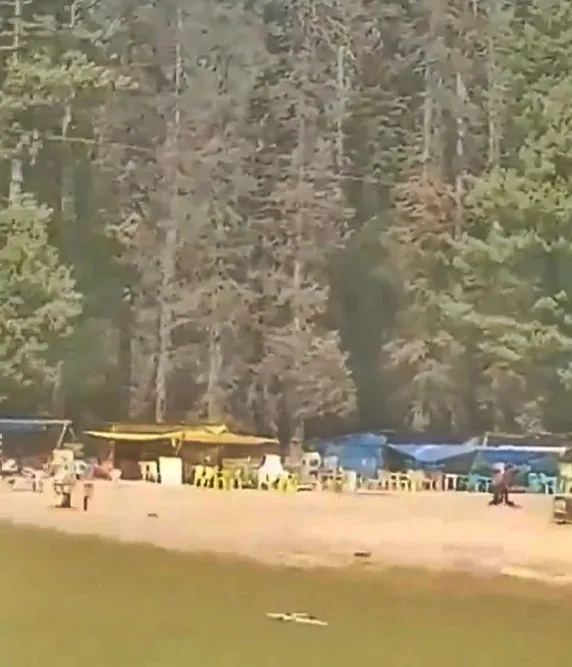
Synopsis
Key Takeaways
- Local support networks are integral to facilitating terrorist activities.
- The Pahalgam massacre highlights vulnerabilities in national security.
- Historical context shows a pattern of violence against minorities in Kashmir.
- Investigations indicate the presence of local collaborators in terror networks.
- Addressing local connections is crucial to preventing future attacks.
New Delhi, May 4 (NationPress) As details surrounding the April 22 Pahalgam massacre come to light, it is increasingly evident that a vital network of local support played a role in facilitating the terror attack.
This network included selecting a location with high vulnerability and limited access for security forces, arranging shelter and food through local residences, creating a support system that led unsuspecting victims to the attack site, and managing the logistics of weapons for the attackers. They also provided cover during the assault, monitored security forces, facilitated quick escapes, and offered shelter - possibly in local homes - while using vehicles to evade capture by security forces and intelligence agencies.
Local involvement was undoubtedly significant. Pakistan-trained terrorists lured locals with financial incentives and exploited religious sentiments to justify their actions.
The National Investigation Agency (NIA) is currently investigating this case in Kashmir and has reportedly questioned around 2,500 local residents.
Unverified reports indicate that around 35 locals were directly implicated in the attack, and more casualties could have occurred if additional individuals had been armed. It is suggested that these terrorists had been residing near the attack site for over a month.
While some were directly involved in the assault, others, including ponywallahs and snack vendors, were active members of the support network. Although the terror network primarily relied on interpersonal communication, security agencies have uncovered the use of a banned Huawei satellite phone in Pahalgam around the time of the incident. This device, which is illegal in India, is suspected to have been smuggled from Pakistan. Despite ongoing investigations into local connections, a reward of Rs 60 lakh has yet to yield any substantial leads.
The Jammu and Kashmir Police have released sketches and announced a reward for information leading to the apprehension of three Lashkar-e-Toiba terrorists involved in the Pahalgam attack: Hashim Musa alias Sulaiman, Ali Bhai alias Tulha Bhai - both from Pakistan - and Aadil Hussain Thokar from Anantnag district in South Kashmir. The identities of informants will be kept confidential.
The existence of local support, whether from within Kashmir, Jammu, or potentially other states, poses a serious threat to national security. This concern is reflected in social media reactions, where some individuals have criticized the desecration of Pakistani flags. Why should they take issue? Why are there objections to slogans against Pakistan? Why is there sympathy for the attackers when India has officially stated that Pakistan orchestrated the Pahalgam terror attack? These disconcerting questions reveal the unsettling reality of sleeper cells and overground operatives.
Former Jammu and Kashmir Chief Minister and National Conference president Farooq Abdullah has acknowledged the likelihood of local involvement in the Pahalgam attack. He expressed skepticism about how such incidents could occur without local assistance and questioned how the attackers managed to operate unnoticed.
Farooq Abdullah is uniquely positioned to comment on this issue, having been in power when terrorism first emerged in the Valley. During his tenure as Chief Minister, the targeting of Kashmiri Pandits/Hindus resulted in a genocide-like situation. Local support became the backbone of the so-called 'azadi' movement led by terrorists and separatists, culminating in the mass exodus of Hindus. Approximately 700,000 Kashmiri Pandits were forced to flee, losing their homes, properties, and institutions.
The 2% minority population of Kashmir was effectively expelled.
About 1,000 Kashmiri Pandits, including men, women, and children, were brutally murdered. Many women suffered abduction, gang-rape, and subsequent murder. The period is marked by harrowing accounts of torture and death. When mosques called for a Kashmir devoid of Hindu men, the community had no option but to flee.
Locals - friends, colleagues, and even vendors - became informants for terrorists targeting Hindus. Farooq Ahmed Dar, a JKLF terrorist known as Bitta Karate, boasted about killing between 30 and 42 people, most of whom were Kashmiri Hindus. He admitted on national television that he never concealed his identity during the killings and that the community never turned him in. This candid admission illustrates the local support that terrorism received in the Valley during Farooq Abdullah's leadership and subsequent administrations. This support has persisted over time, and those in power - including Abdullah - were aware yet took no substantial action.
If the ethnic cleansing of Kashmiri Hindus had been thoroughly investigated or the individual killings rigorously examined, the involvement of local collaborators could have been uncovered and addressed.
The local connections, shaped by religious appeals, fear, and financial incentives, have been instrumental in executing Pakistan's malicious objectives. These local links and sleeper cells in Jammu and Kashmir are complicit in both the ethnic cleansing of Hindus and the April 22 Pahalgam massacre.
Kashmiri Pandits and other pro-India individuals were prime targets of Pakistani-backed terrorism during the late 1980s, 1990s, and even into the 2000s. Non-locals were often attacked to instill fear, and tourists are now also being targeted. Pakistan has consistently demonstrated its capability to orchestrate terror attacks anywhere and at any time - the 26/11 Mumbai attack being a stark example. Unmasking and effectively addressing the local link is crucial to deterring future attacks.
(Deepika Bhan can be reached at deepika.b@ians.in)

